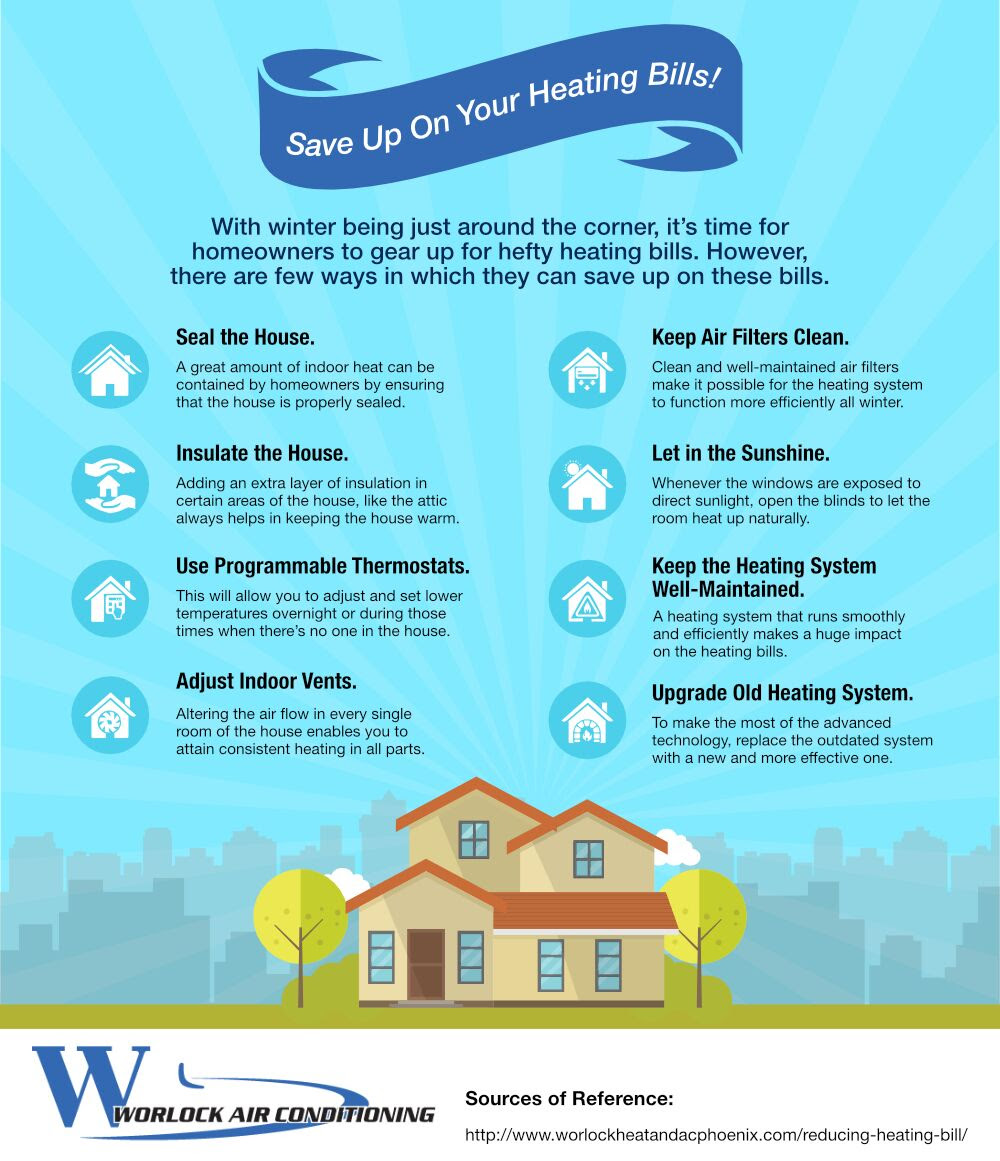The Connection In Between Weather Condition Issues And Heatpump Performance, Together With Solutions To Boost Effectiveness
The Connection In Between Weather Condition Issues And Heatpump Performance, Together With Solutions To Boost Effectiveness
Blog Article
Web Content Create By-Melendez Termansen
When it involves your heatpump, weather condition plays a critical function in its efficiency. From freezing temperature levels to sweltering heat, each element can impact how successfully your system runs. Yet what can you do to battle these weather-related challenges and guarantee your heatpump is working at its finest? Remain tuned to uncover useful tips and methods to maximize your heatpump's efficiency, no matter the weather conditions it encounters.
Weather Variables Affecting Heatpump Effectiveness
Weather condition variables have a considerable effect on the performance of heat pumps. One essential factor is temperature. Heatpump work by transferring warm from outside to inside during wintertime and vice versa in summer season. As temperatures decrease, it comes to be harder for the heatpump to extract heat from the outdoors air, lowering its effectiveness.
Another crucial element is humidity. High moisture degrees can make it extra challenging for the heat pump to launch warmth throughout the cooling process.
Additionally, wind speed contributes. Solid winds can dissipate the warm soaked up or released by the heat pump, affecting its total performance.
Tips for Optimizing Heatpump Efficiency
To boost the performance and longevity of your heat pump, implementing a couple of key strategies can make a substantial difference in its efficiency.
Firstly, make certain normal upkeep by cleaning or changing filters every 1-3 months to avoid air flow clogs and optimize air flow. In addition, schedule yearly specialist assessments to discover and address any potential issues beforehand.
Optimum thermostat settings also play a crucial role. During the winter, go for a temperature level setting that's as reduced as comfortable, and during the summertime, established it as high as comfortable to lower the work on your heatpump. Making use of a programmable thermostat can help you immediately change settings based upon your timetable.
In addition, securing leaks in ductwork and protecting ducts in unconditioned spaces can avoid power loss and boost general system effectiveness.
Lastly, take into consideration mounting a wise thermostat that can discover your behaviors and readjust settings as necessary, additional optimizing your heat pump's performance. By adhering to these suggestions, you can guarantee your heat pump runs effectively and properly throughout the year.
Best Practices for Weatherproofing Your Heatpump
For optimum performance and performance of your heat pump, implementing weatherproofing measures is vital. Begin by sealing any kind of gaps or cracks around doors, home windows, and ductwork to avoid warmth loss and keep a consistent indoor temperature level.
Protect exposed pipelines and air ducts to avoid freezing throughout cold weather and make certain proper air movement. Take into consideration installing a safety cover over the exterior device to shield it from severe weather elements like snow, ice, and debris.
Consistently clean the outdoor device to remove dust, leaves, and debris that can block air flow and reduce effectiveness. In addition, maintain the location around the heatpump free from snow, ice, and plants to permit correct ventilation.
Final thought
Now that you understand just how climate influences your heat pump performance, you can take aggressive steps to optimize its performance. By following https://albionnewsonline.com/2021/06/01/robert-sandman-hired-as-county-weed-superintendent/ described in this post, such as regular maintenance, thermostat changes, and weatherproofing procedures, you can make sure that your heat pump operates at its ideal no matter the weather. Keep ahead of website and maintain your home comfy all the time.
